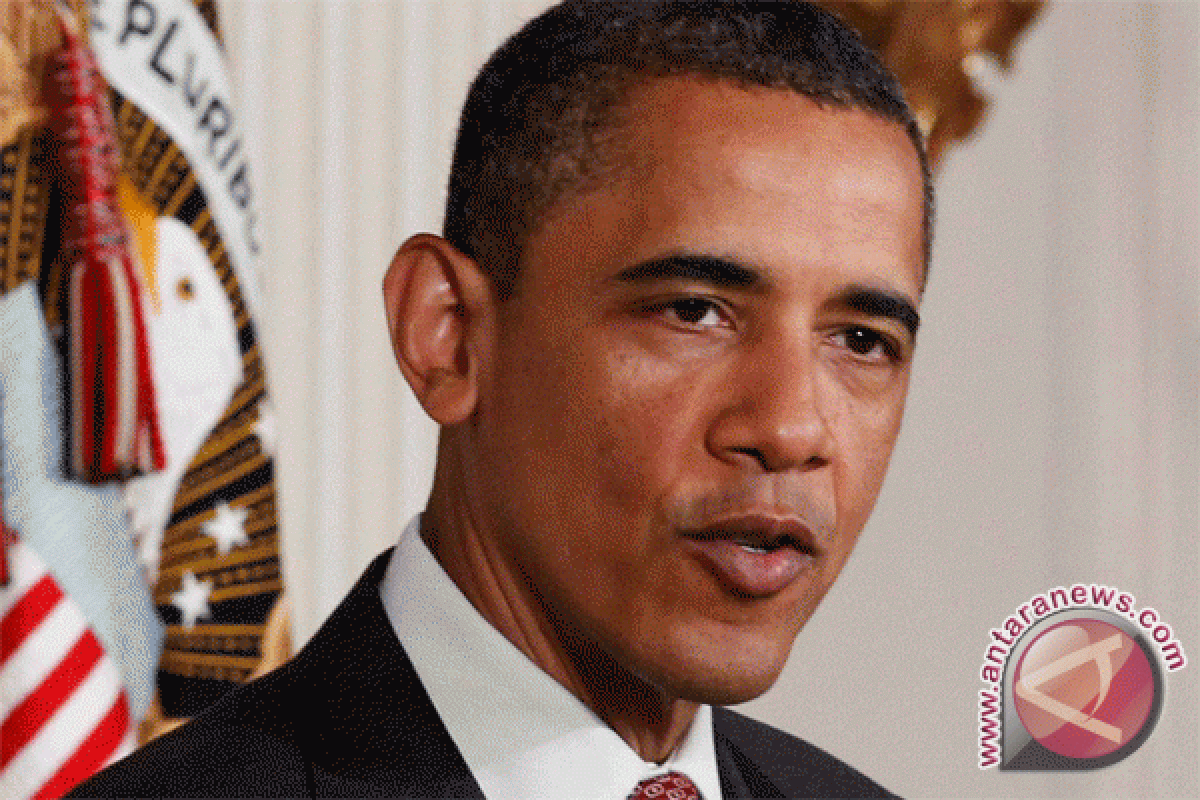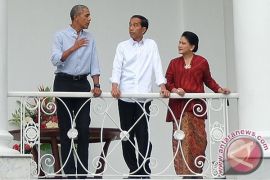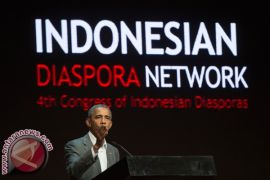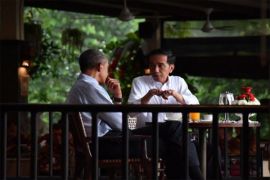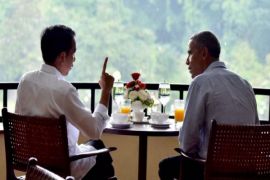On a day when overtures to Uzbekistan seemed to stretch right across Washington, Secretary of State Hillary Clinton met her Uzbek counterpart and said both sides want to deepen ties.
And in Congress, changes in U.S. law were pending that would allow more military aid to Uzbekistan, despite its poor human rights record.
Capitol Hill aides said the change was done partly at the urging of the Obama administration, which is shifting more military supply lines to the Central Asian country.
The White House said Obama called Karimov on Wednesday to congratulate the former Soviet republic on its 20th anniversary of independence and that the leaders talked about shared interests in a "secure and prosperous" Afghanistan.
Obama`s outreach to Karimov, whose has faced U.S. criticism over his human rights record, came as the United States and Pakistan are locked in a diplomatic crisis over U.S. accusations linking Pakistan`s chief intelligence agency to militant attacks on Americans in Afghanistan.
Rising tension between Washington and Islamabad, at times awkward partners in the fight against Islamic militancy, have raised questions about Pakistan`s role as a major U.S. supply route for American forces fighting in Afghanistan.
That has prompted U.S. officials to look harder at expanding alternatives to lessen reliance on Pakistan.
Make Changes
"We value our relationship with Uzbekistan. They have been very helpful to us with respect to the Northern Distribution Network," Clinton said, referring to the supply route that goes through the Central Asian country to Afghanistan.
She spoke after meeting Uzbek Foreign Minister Elyor Ganiyev. Their dialogue raised "our concerns about human rights and political freedoms," Clinton said, but added that there were "some signs" of progress on that front.
The Senate Appropriations Committee last week approved a bill that would allow the United States to waive restrictions on aid to Uzbekistan if Clinton certifies this is needed to obtain access to and from Afghanistan.
U.S. military aid to Uzbekistan has been restricted since 2004 because of its human rights record. House appropriators have dropped the restrictions from their bill funding foreign aid next year, an aide said, making it likely some version of the change will pass.
An aide to Senator Patrick Leahy said the Obama administration had pushed for easing the restrictions on military aid to Uzbekistan due to concerns about potential limits to continuing cooperation from Pakistan with the U.S. war effort in Afghanistan.
But rather than drop the longstanding restrictions, Leahy, who chairs the panel that funds foreign aid, added the waiver that requires the administration to assess Uzbekistan`s progress on human rights, and a report on any diversion of U.S. aid for "corrupt" purposes, the aide said.
Republican Senator Lindsey Graham told Reuters he had visited Uzbekistan and seen Karimov recently. "I expect a major breakthrough between us and the Uzbeks in terms of ground and air access," Graham said.
"We`re going to probably replace 50 percent of what we ship into Afghanistan from Pakistan, will go through the northern route, Uzbekistan," Graham, a member of the appropriations committee, said.
One reason U.S. officials want to expand the Northern
Distribution Network is to enable more movement on the network in both directions, a U.S. military spokeswoman said.
She said the network had been seen primarily as a way of getting supplies into Afghanistan, but with the planned drawdown over the coming years, the United States wants agreements letting it haul materiel from Afghanistan as well.
The United States also has been looking to expand overflight options throughout the region, she said.
Human rights groups have urged the United States not to lift restrictions on military aid to Uzbekistan. "The human rights situation in Uzbekistan continues to be among the worst in the world," said Jeff Goldstein, a senior policy analyst at Open Society Foundations in Washington. (*)
Editor: Kunto Wibisono
Copyright © ANTARA 2011
